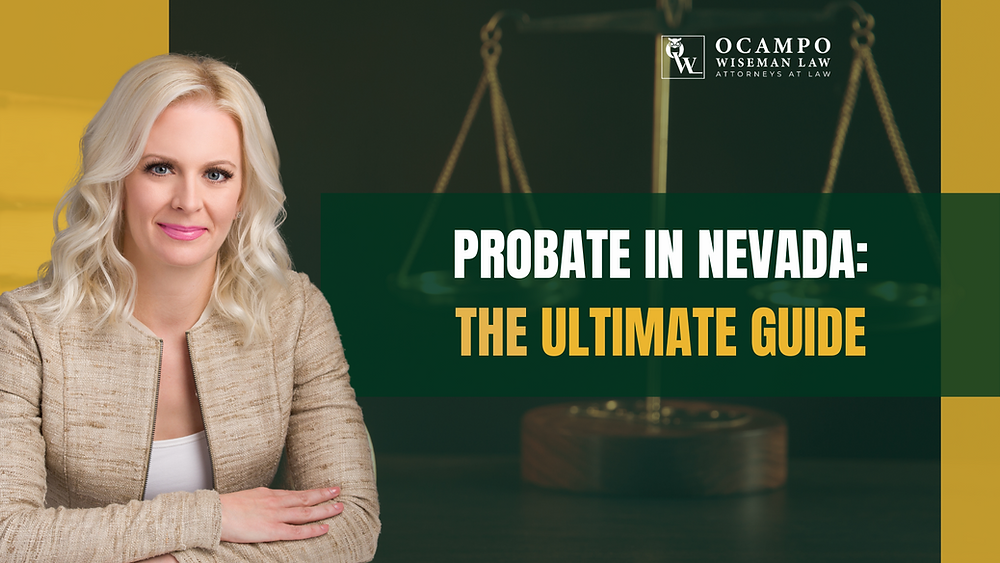In Nevada, firearms are not required to be registered. It is even legal to openly carry a gun in Nevada, though a permit is required to carry a concealed weapon, but firearms not covered by the National Firearms Act are able to be transferred to the executor of a will without a background check. That person can then transfer the firearms to an heir who is an immediate family member of the deceased. NRA Firearms however do require a background check under Nevada’s new law.
Nevada Background Check Act
The new law took effect on January 2, 2020. This law was enacted to close the “gun show” loophole, where buyers were allowed to avoid background checks by purchasing their weapons from unlicensed sellers at informal venues such as gun shows and garage sales. Under the new act, the buyer and seller are both required to present themselves to a licensed seller. The licensed seller would then conduct a background check on the buyer for a fee, then inform the seller if they may follow through with the transaction. Sellers who don’t comply with this new law are subject to criminal penalties.
The law does NOT apply to the transfer of a firearm to an executor, administrator, trustee or personal representative of an estate or a trust that occurs by operation of law upon the death of the former owner of the firearm. NRS 202.2548. No cases cite to this new law yet.
NFA guns need a serial number and must be registered with the ATF. The ATF must then approve the transfer of the NFA firearm. The role overall of the ATF is to regulate the sale, possession, and transportation of firearms.
NFA (National Firearms Act) guns include:
-
Shotgun with barrel less than 18 inches long
-
Rifle with a barrel less than 16 inches long
-
Other weapons which can be concealed but fired, i.e. a gun disguised as an umbrella, knife, pen, etc.
-
Pistols and revolvers with smooth bore barrels designed to fire a shotgun shell
-
Machine guns including guns that can be modified into machine guns
-
Silencers
-
Explosive devices such as bombs, grenades, and rockets
-
Large caliber weapons
-
The NFA does NOT cover weapons designed to be fired when held in one hand or long-barreled rifles and shotguns.
Inheriting NFA guns
Inheriting NFA guns is an involuntary rather than voluntary transfer. NFA Handbook, 9.5.3. The ATF honors state court decisions as to whom these guns can descend or devise. Id. An executor may be required to show his authority to distribute the estate, but the court is not specifically involved.
The executor must file ATF Form 5 and await approval before distributing NFA firearms to heirs. NFA Handbook 9.5.3.1. Although the ATF allows executors a reasonable time to make arrangements, registered NFA firearms going through probate must be registered to the new owner as soon as possible, and transfers should be completed before probate is closed. The distribution of Firearms in an estate should not increase probate’s time other than allowing time for ATF to approve the new owner.
Until transferred, the executor must maintain possession of the firearms. A licenced dealer can act as a broker, but the weapons may not be transferred to anyone, including a licensed dealer, for consignment or safekeeping. Weapons transfer to an heir without taxes and may be transferred interstate to a beneficiary. The beneficiary must register the guns.
If the gun is transferred to someone who is not an heir, this is a transfer and is regulated by the NFA. These transfers may not be made to out-of-state transferees, and the executor must file ATF form 4.
Unregistered NFA guns in an estate are illegal to possess, cannot be registered after the decedent’s death, and must be abandoned to the ATF. An executor can reach out to the ATF if there is a question as to whether or not a gun is registered, and would not be exposed to criminal liability for having the guns in his possession.
Gun Trust
All of the aforementioned in regards to transferring firearms can be avoided by placing NFA firearms in a Gun Trust. All trustees of the Gun Trust have the right to use or possess the weapons. Both trustees and beneficiaries can be liable for improper gun transfers.
A Gun Trust is a revocable or irrevocable trust designed to transfer the right to use or title to firearms. Any legally-owned firearm may be placed in the trust. The trust ensures that firearms are transferred in compliance with all gun laws.
If you would like to discuss setting up a Gun Trust or have any questions on this topic, please contact us to set up a complimentary consultation.





